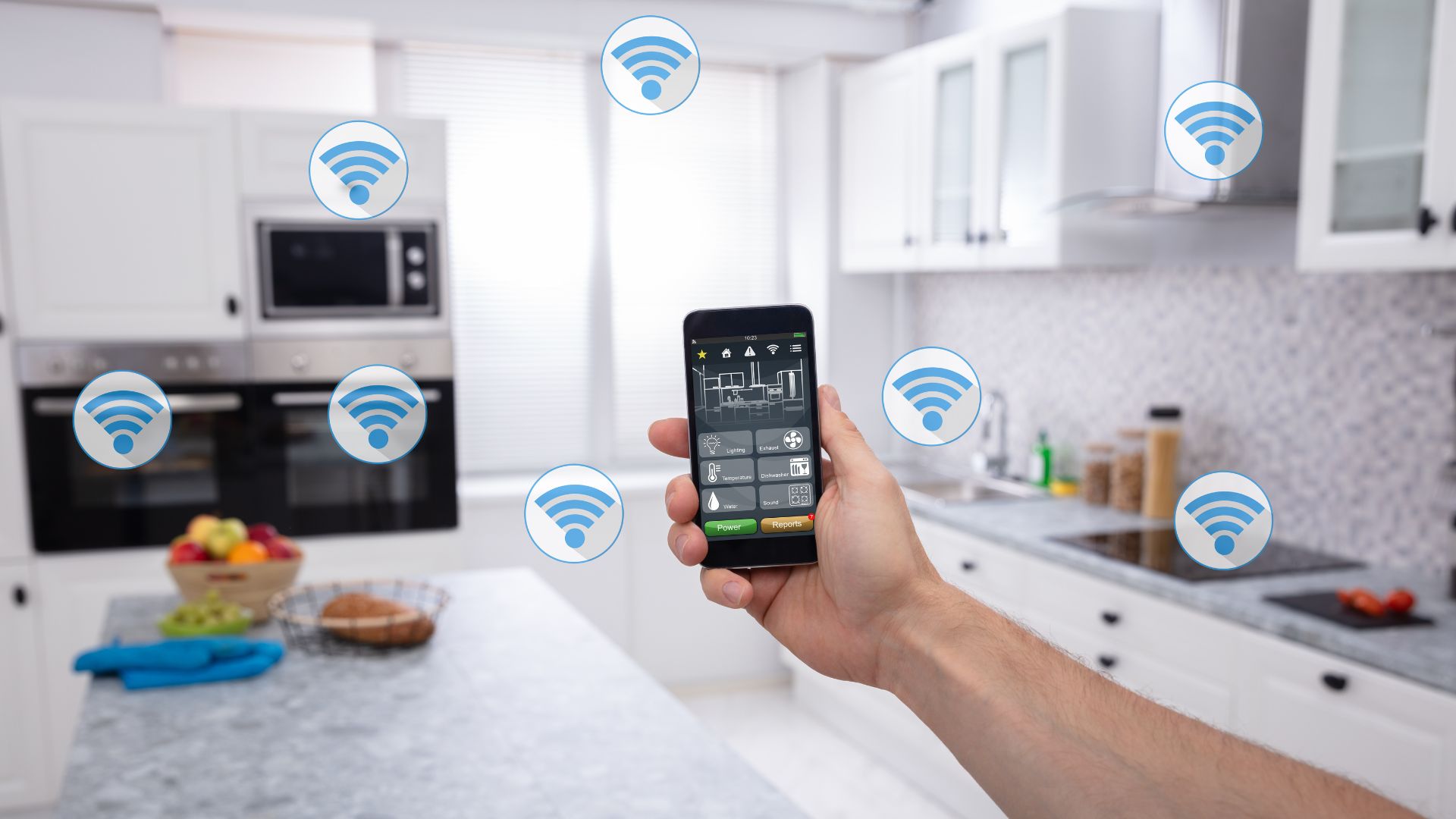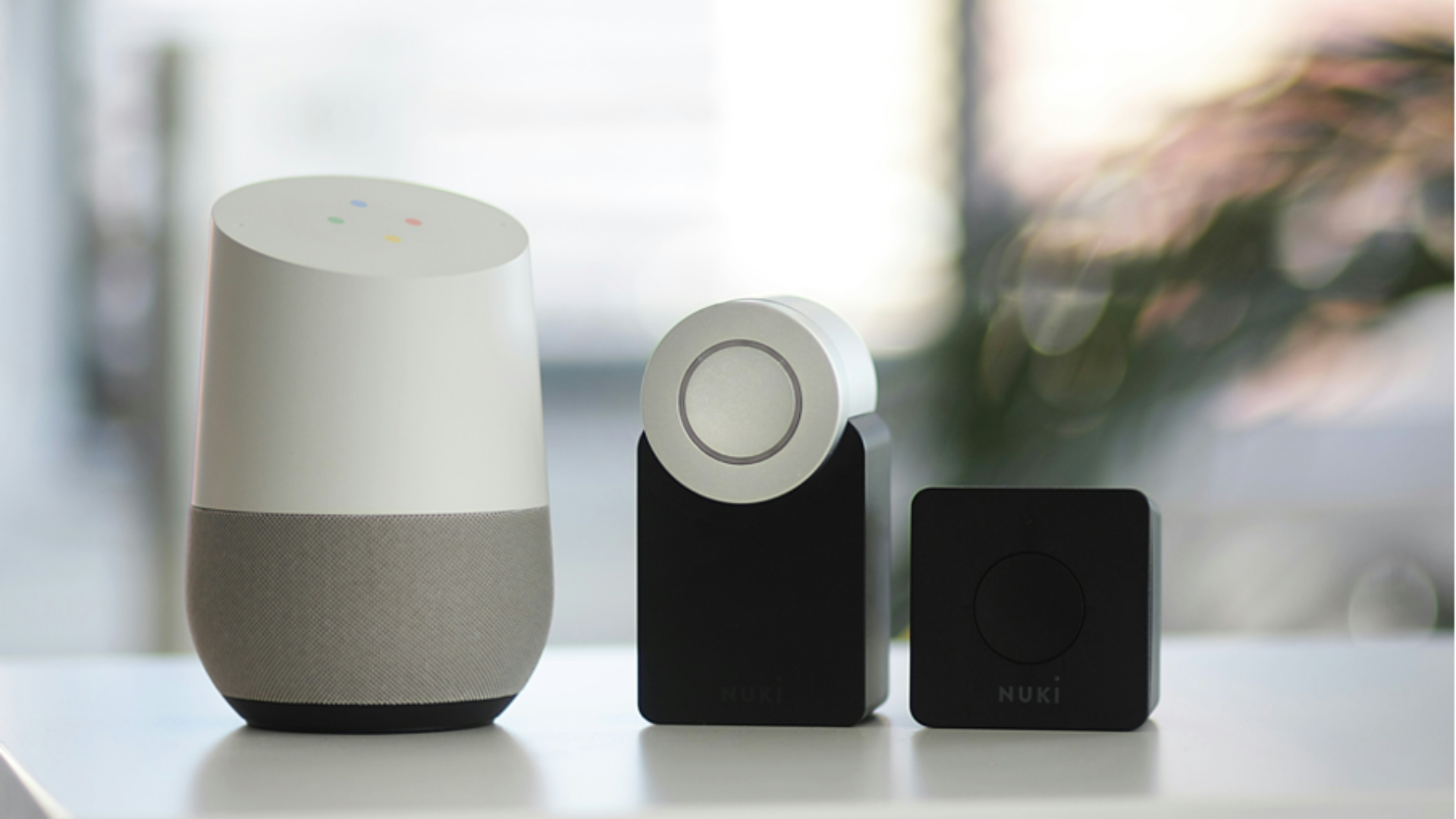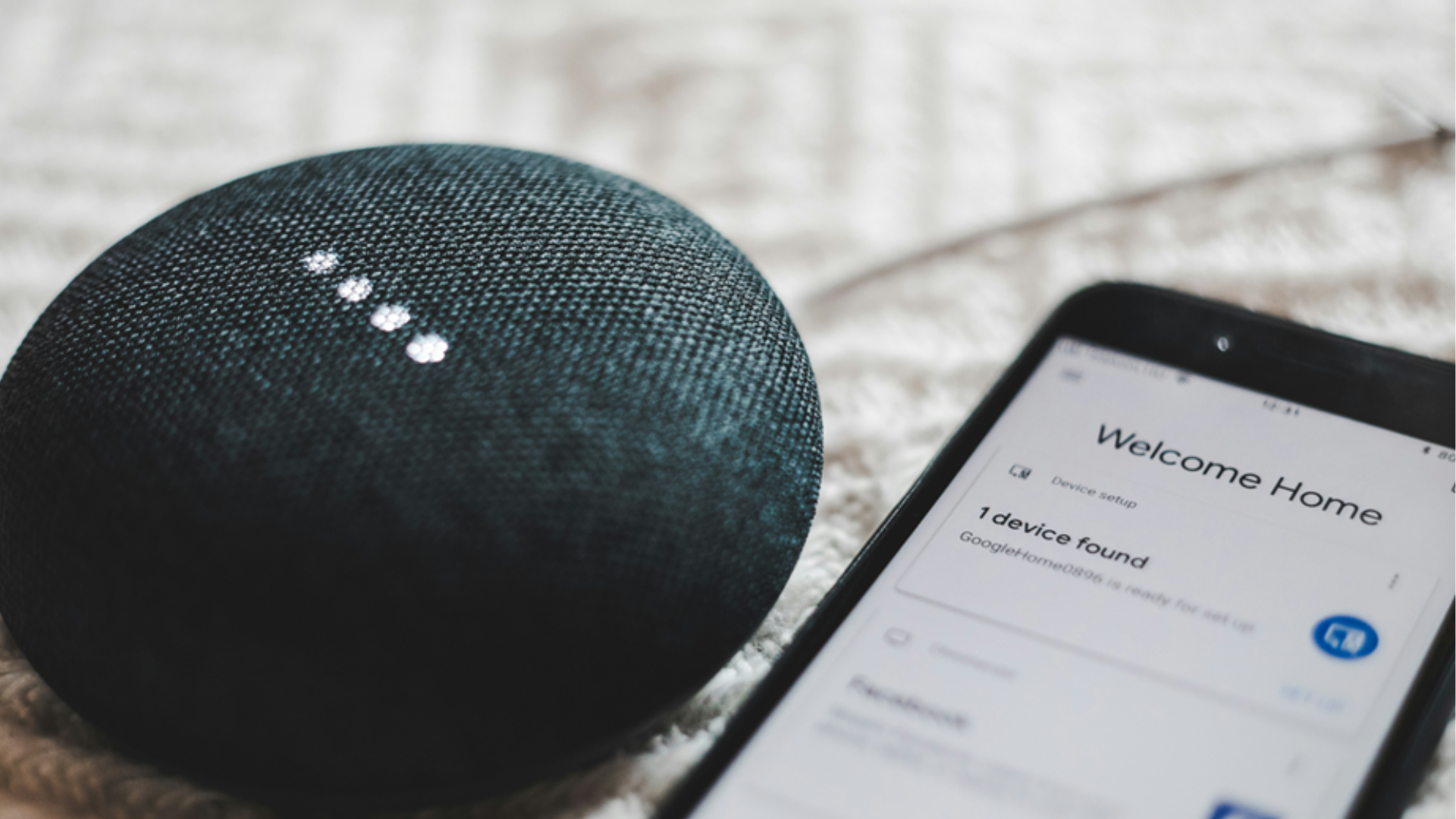10 Most Common Smart Home Issues and How to Fix Them
Back when you were a kid, living in a “smart home” probably sounded futuristic. Something out of Back to the Future II or The Jetsons. Well, we don’t...
3 min read
![]() Totalcare IT
:
Aug 7, 2024 12:38:00 PM
Totalcare IT
:
Aug 7, 2024 12:38:00 PM
In a world that feels like a sci-fi dream, smart homes offer lights that dance to your voice and thermostats that anticipate your needs. And let's not forget about those robot vacuums that whisk away your worries while you unwind.
The allure is undeniable. Yet, before you leap into the latest tech craze, it's vital to pause and ponder. Here are 7 key inquiries to ponder before immersing yourself in the realm of smart home innovations.
Smart home devices vary in their capabilities and usefulness. While some provide practical solutions to everyday challenges, others may simply add a novelty factor without much necessity. It's important to analyze your daily routine and pinpoint areas where smart technology could streamline tasks effectively.
For instance, do you constantly forget to turn off the lights when you leave a room? Then, smart bulbs with motion sensors could be a game-changer. But a smart toaster might not be the most practical addition to your kitchen. Especially if your mornings are already a hectic rush.
The world of smart home devices can be a bit like a high school cafeteria. Not all device brands play well together. Many smart devices rely on a central hub or app to function. So, ensure the gadget you choose is compatible with the ones you already have or plan to buy.
Mixing and matching brands can lead to a frustrating user experience. Devices may refuse to communicate or need several apps to manage. Researching compatibility beforehand will save you a lot of headaches.
PS: Help is on the way in the future. A new Matter standard aims to address cross-brand compatibility.
Smart homes are like data-hungry beasts. They rely heavily on a strong and stable Wi-Fi connection to function properly. Is your internet slow, unreliable, or have limited bandwidth? If so, your smart home dreams might quickly turn into a frustrating nightmare.
Just a few of the potential problems you might face with a weak Wi-Fi connection are:
Before investing in smart devices, consider upgrading your Wi-Fi router or internet plan. This helps ensure it can handle the increased data traffic.
Smart home devices collect data on your habits and routines. From the times you turn on the lights to the temperature you prefer in your home. These gadgets are constantly gathering information. Some companies may use this data to personalize your experience. But others might sell it to third-party vendors (usually advertisers).
Before introducing a smart device into your living space, it's essential to delve into the device's privacy policy. What information is being gathered? How will it be utilized? Do you have the autonomy to regulate the sharing of your data? If the privacy policy raises any concerns, it may be prudent to explore alternative devices with more robust data protection measures in place.
Regrettably, the ease of smart homes brings along a heightened security concern. By connecting to your Wi-Fi network, these devices open themselves up to potential hacking endeavors. This could grant hackers access to your home's controls, enabling them to manipulate settings or pilfer sensitive data.
To mitigate these risks, choose devices with strong security features. Such as encryption and two-factor authentication. Additionally, keep your devices updated with the latest software patches. This is crucial to address any known security vulnerabilities. Consider creating a separate “guest” Wi-Fi network for your smart home devices. This isolates them from your personal computers and other data-rich devices. The isolation gives you an extra layer of security.
Technology evolves at a rapid pace. What's cutting-edge today might be obsolete tomorrow. Before investing in a smart home device, consider the manufacturer's reputation. You should look for details on software updates and long-term device support. Will the company continue to provide security patches and updates in the years to come?
If a device lacks a history of consistent software updates, it might be wise to look elsewhere. This helps to ensure your smart home doesn't become outdated quickly.
Avoid the temptation to transform your entire home into a smart oasis in a single night. Smart home technology entails a considerable investment, so it's prudent to proceed with caution. Begin by incorporating a select few devices that cater to your unique requirements or alleviate daily challenges.
For example, consider starting with smart lights or a smart thermostat. These help you experience the benefits of smart home technology. But before diving into a full-blown home automation setup. This measured approach allows you to assess the usefulness of smart home devices as well as identify any issues before committing to a larger investment.
Carefully consider these 7 essential questions before buying smart home devices. They’ll help ensure that your foray into the world of home automation is a success.
Those “DIY” smart home setups are not always as easy (or secure) as they may sound. If you need help from a friendly technology expert, give us a call. We can help you craft a smart home that’s connected, secure, and truly helpful.

Back when you were a kid, living in a “smart home” probably sounded futuristic. Something out of Back to the Future II or The Jetsons. Well, we don’t...

Is your smart home turning into a smart mess? Do your smart office devices speak different languages? You're not alone. The current smart home and...

Imagine a world where your lights turn on automatically as you walk in the door. Your coffee starts brewing before you even crawl out of bed. A...